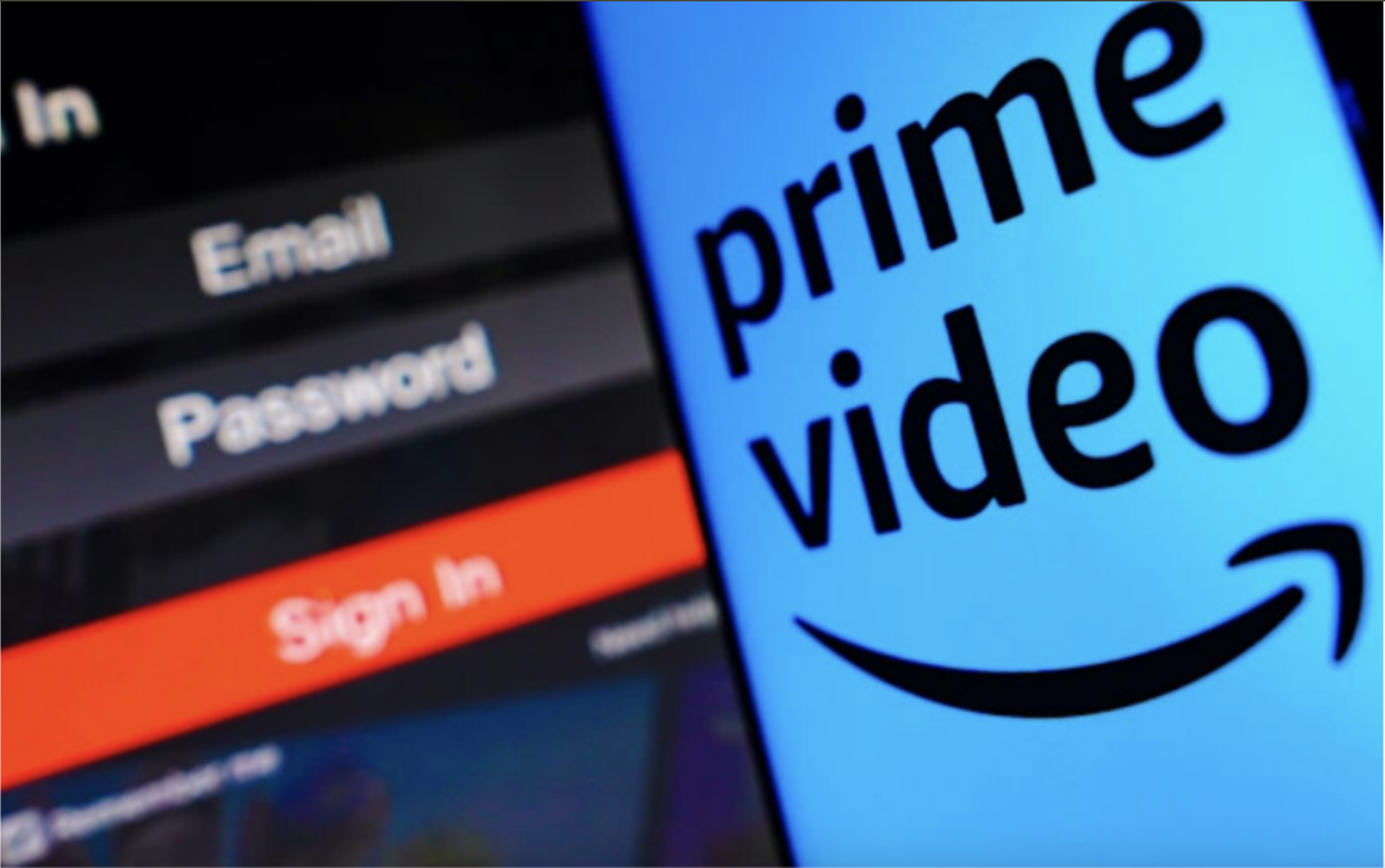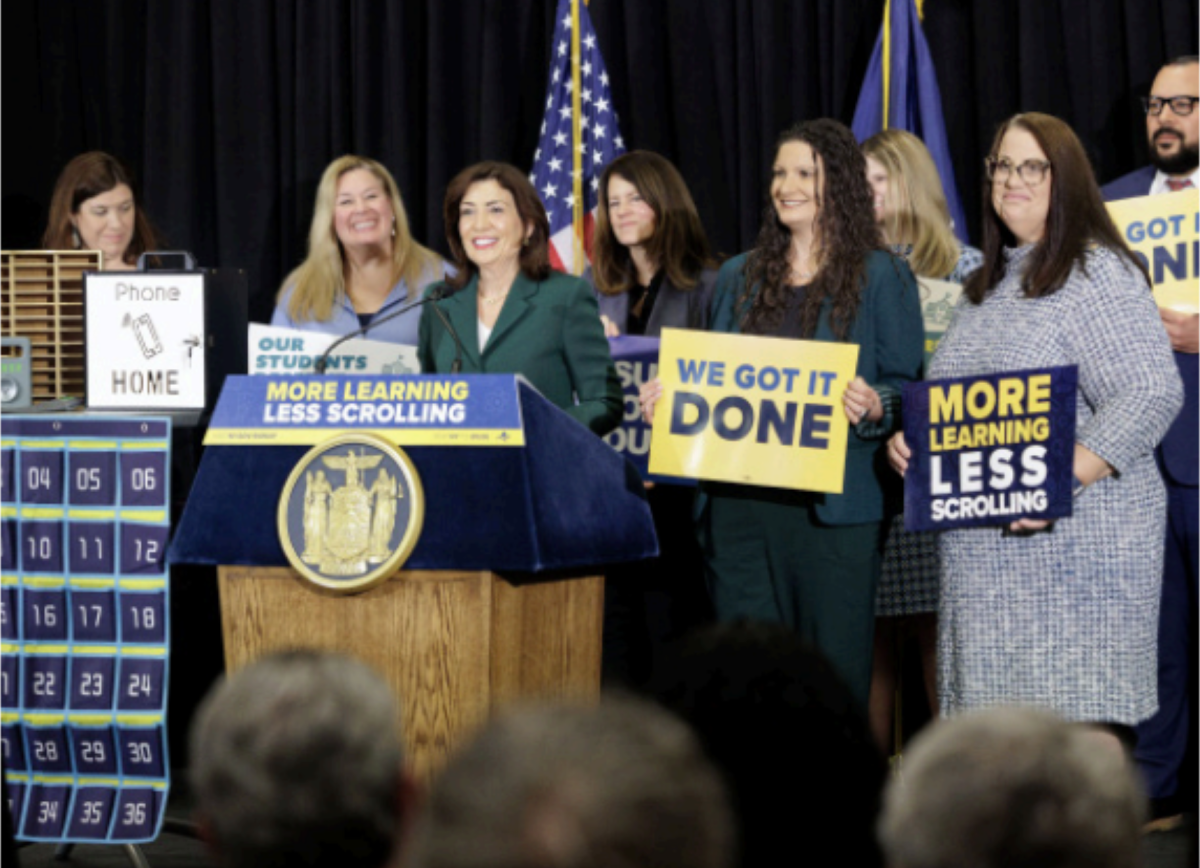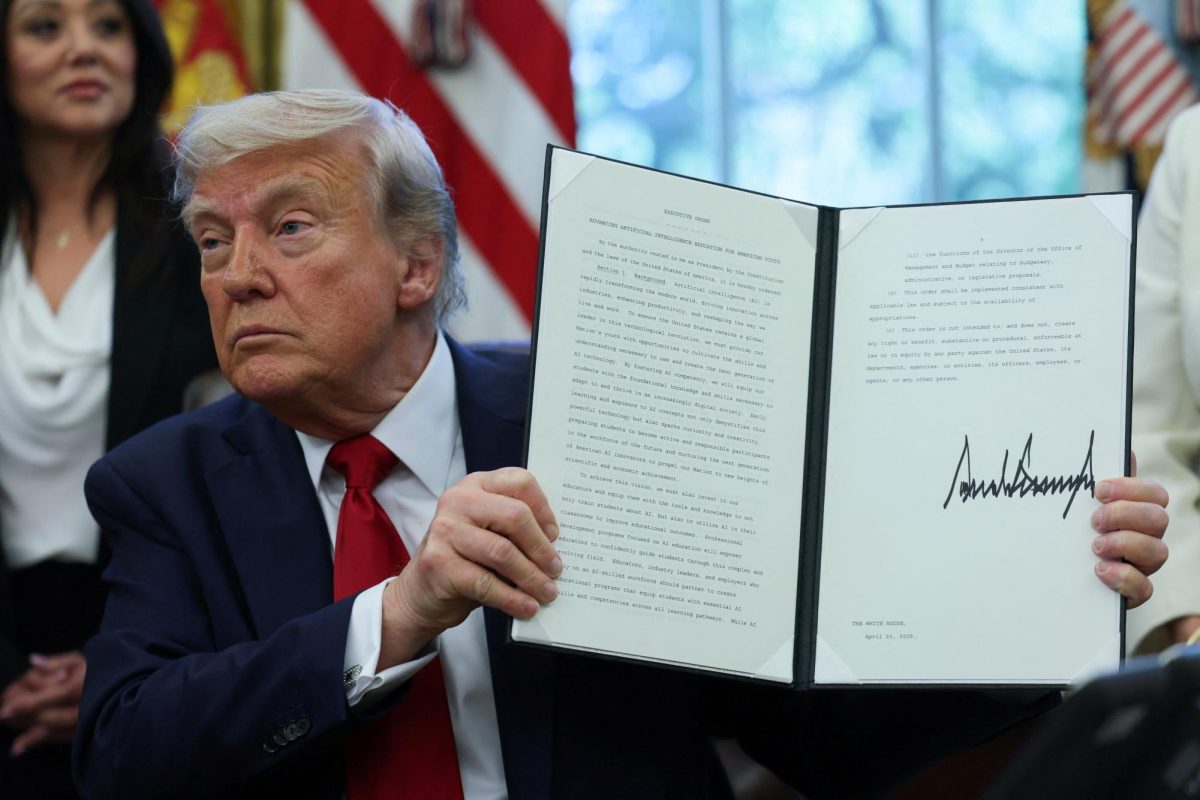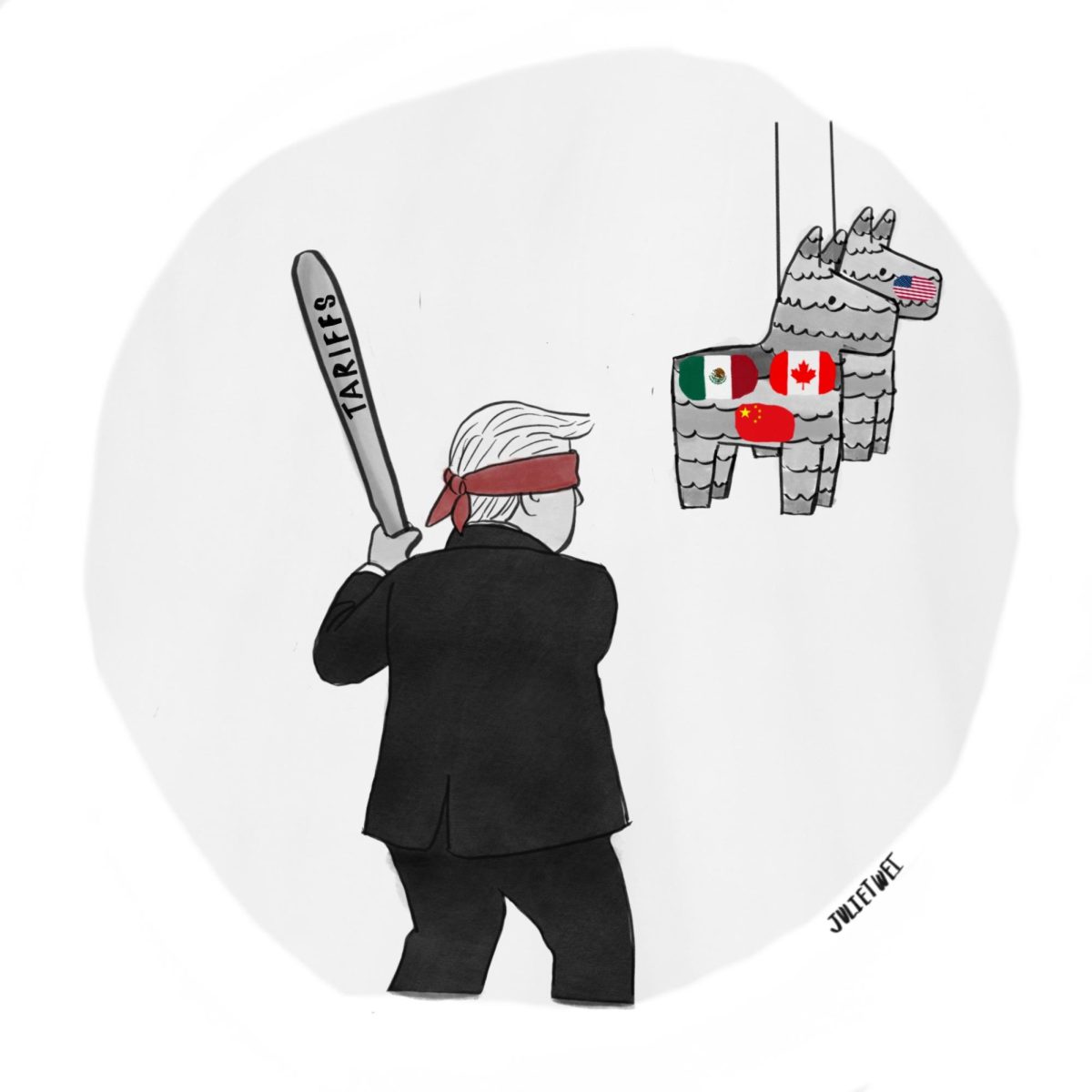For high school students, sharing an Amazon Prime password—for everything from fast shipping on essential supplies to streaming Prime Video hits like The Summer I Turned Pretty—has long been a budget-friendly convenience. However, following the lead of platforms like Netflix, Amazon is tightening its policy, limiting the number of devices and clarifying that shared benefits like free shipping are strictly for members living in the same household. When asked about sharing passwords, Lola Carta (‘26) shares, “I gave my password to my friend so she could watch the season finale, but didn’t realize that this crackdown was going on.” This isn’t just a technical update; for Mamaroneck students, it’s a policy change that will impact how we shop and budget.
The most immediate consequence of the crackdown is financial: the free ride is over. For MHS students relying on a shared family account outside their primary residence, a choice must be made: pay for individual membership or lose the perks. The cost difference is significant. A standard Amazon Prime membership costs around $139 per year or $14.99 per month. While high school seniors who are 18 and older can access the discounted Prime for Young Adults rate of about $69 per year (after a free trial), younger students under 18 remain locked into using a parental account that is now household-restricted. What was once a free resource now becomes an unexpected and often necessary expense in a high schooler’s budget.
Amazon isn’t issuing fines, but the potential “punishment” is the loss of the essential convenience students rely on. If an account is flagged for sharing outside the household, Amazon is most likely to forcibly limit access for unauthorized users or even cancel certain Prime benefits for the primary account holder until the violation is resolved. For a student needing a forgotten textbook or quick-delivery supply for a project, the sudden, total loss of free, fast Prime shipping can cause major disruption—the true cost of the violation is inconvenience, not a fine.
If access becomes too difficult or too expensive, Mamaroneck’s budget-conscious students will pivot their purchasing power elsewhere. This crackdown could unintentionally fuel a movement toward Amazon’s competitors, forcing us to become more aware consumers. We could see students shift to local and quick alternatives like Target and Walmart, which offer robust online ordering and easy store pickup for common household and school supplies. Chris Knowles ‘26 expresses that “buying from other places is not a bad thing. If anything, it’s better if it comes without the risk of losing your amazon account.” Students looking for unique or specialized items may flock to Etsy (for creative goods) or Ebay(for tech goods). This change forces us to recognize that nothing digital is truly “free,” and when one platform restricts access, it creates opportunities for others to compete for our business.









